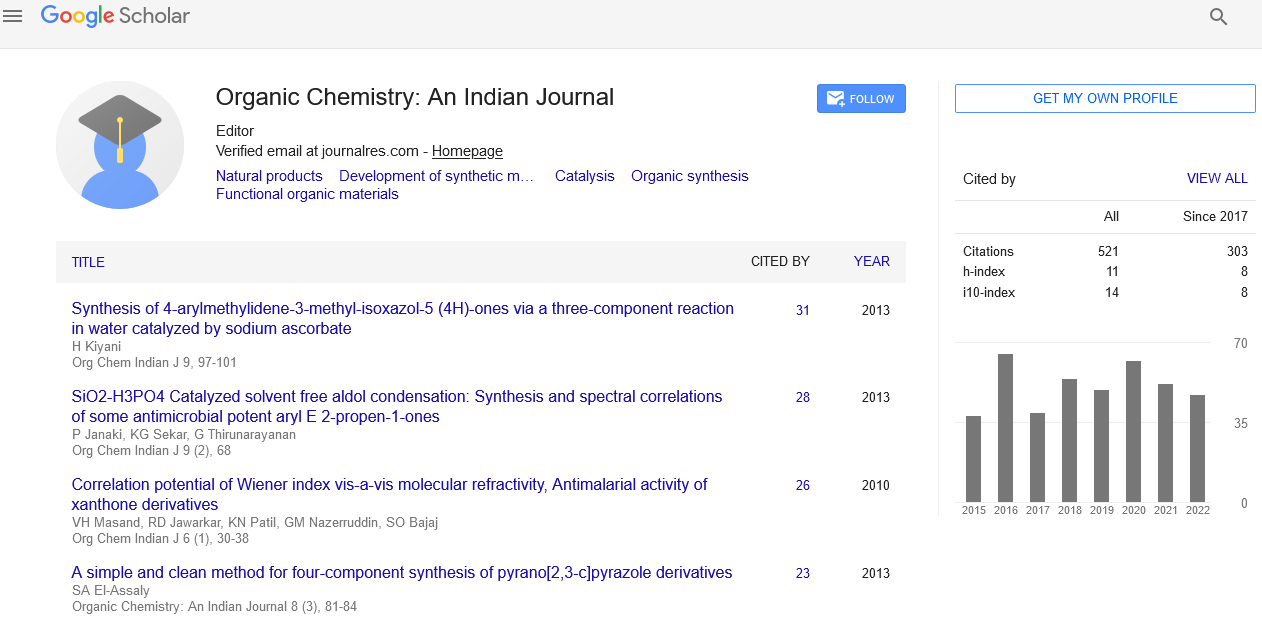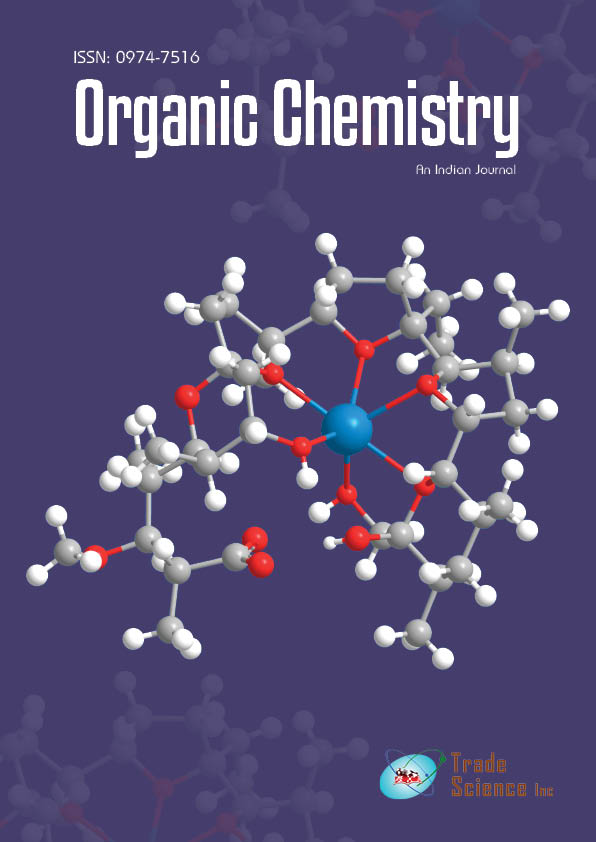Abstract
Hardness based quantitative structure toxicity relationship(QSTR) study on a series of aliphatic alcohol derivatives
Author(s): Dinesh Kumar, R.N.Singh, Sangeeta Sahu, Vikas BabooThe quantitative structure toxicity relationship of 89 derivatives of alcohol have been studied with the help of total energy, absolute hardness and electronegativity. The alcohols have been divided into four groups. The first group consists of derivatives of amino alcohol, second consists of derivatives of diol, the third and fourth respectively consist of derivatives of halogenated and unsaturated alcohols.Adirect relationship between the toxicity of all groups of alcohols and electronegativity has been observed. The QSTR model of all the four sets have been developed. The best QSTR model of first and second set of compounds have correlation coefficient value above 0.94 and 0.7 respectively, which has been derived by combination of all the three descriptors. The best QSTR model of third set and fourth set of compounds have correlation coefficient value above 0.86 and 0.65 respectively, which has been derived by combination of descriptors consisting total energy, absolute hardness and electronegativity. The absolute hardness is one of the most significant descriptor for searching the lowtoxicity of alcohols.

